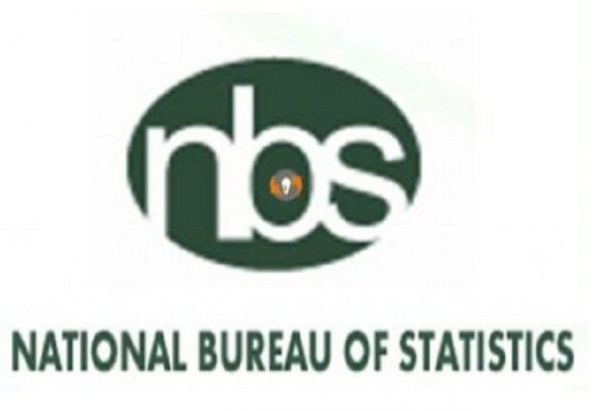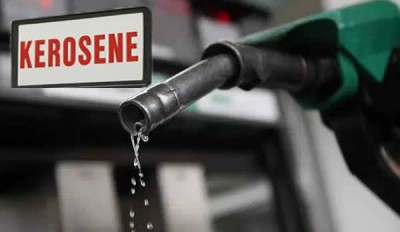Indigenous Oil Companies Fail On Local Content Payments.
Some indigenous oil companies have failed to make their contribution to the Nigerian Content Development Fund, the Nigerian Content Development and Monitoring Board has said.
The NCDF, which is funded from one per cent being deducted from the value of all upstream contracts, is managed by the NCDMB.
The fund is underpinned by Section 104 of the Nigerian Oil and Gas Industry Content Development Act, which provides that the funds be used for developing capacity in the oil and gas industry.
The Executive Secretary, NCDMB, Mr. Simbi Wabote, said international oil companies were complying reasonably in remitting one per cent of the value of their contracts but some service companies and indigenous operating firms defaulted in their payment.
A statement from the NCDMB quoted him as saying this at the public hearing conducted by the Joint Senate Committee on Petroleum Upstream and Gas in Abuja on Tuesday, with the intent to determine the extent of compliance with the NOGICD Act and the utilisation of the NCDF.
He said the industry would aspire to domesticate the full capacity and capability required for the integration of Floating Production Storage and Offloading vessels between now and year 2027.
Noting the successful in-country fabrication of six modules of the Total Egina FPSO, Wabote said the integration of the modules on the FPSO at the SHI-MCI yard would be done in Lagos in September 2017.
Another major target of the board, according to him, is to establish a local content bank of Nigeria “to focus on establishment of facilities for domiciliation of services with emphasis on optimal use of local resource input.”
Wabote said Nigerian content activities recorded six million training man-hours and had been able to retain $5bn in the local economy from the annual $20bn industry expenditure, which ended up in foreign economies in the past.
According to him, 36 per cent of the marine vessels operating in the Nigerian oil and gas industry are now owned by indigenous players, a marked improvement from total foreign domination of the industry before the implementation of the Act.
He cited the establishment of five world-class fabrication yards as another evidence of Nigerian content implementation, saying 60,000 metric tonnes of fabrication could be done in-country.
The NCDMB executive secretary, however, said the impact of local content in the oil and gas sector had not been sufficiently linked to other sectors of the economy and canvassed the support of key government agencies in deepening local content in the country.
In his welcome address, the Senate President, Dr. Bukola Saraki, represented by the Senate Leader, Senator Ahmed Lawan, highlighted the importance of local content in economic development, saying its full implementation would help create employment and grow the economy.
He said the National Assembly was keen to ensure that oil and gas companies complied with the Nigerian Content Act, especially in the employment of competent Nigerians and utilisation of local good and services in their operations.
Also speaking, the Chairman, Senate Committee on Gas, Senator Bassey Akpan, asked the NCDMB to submit a detailed report on the operations of the NCDF from inception, including information on the beneficiaries, defaulting firms and amount owed.
He expressed disappointment that only three companies had benefitted from the NCDF, saying, “There is no need to warehouse the funds with the Central Bank of Nigeria while Nigerian companies are suffering from lack of capital. There is no way they can build capacity.”
The Chairman, Petroleum Technology Association of Nigeria, Mr. Bank-Anthony Okoroafor, asked the Senate to support the NCDMB to ensure that at least 20 indigenous companies accessed the NCDF every year.
He also proposed guidelines that would ensure that “companies that bid as lead bidders should have the capacity to carry out more than 80 per cent of the required work scope while companies that have not built capacity should bid as sub-contractors.”
Okoroafor added, “Contract execution and distribution strategy should be such that Nigerian companies with proven capacities should be given preference in terms of percentage of work allocation. In addition, Nigerian companies should be given preference when reallocating any scope of work that could not be handled by the incumbent contractor.”







